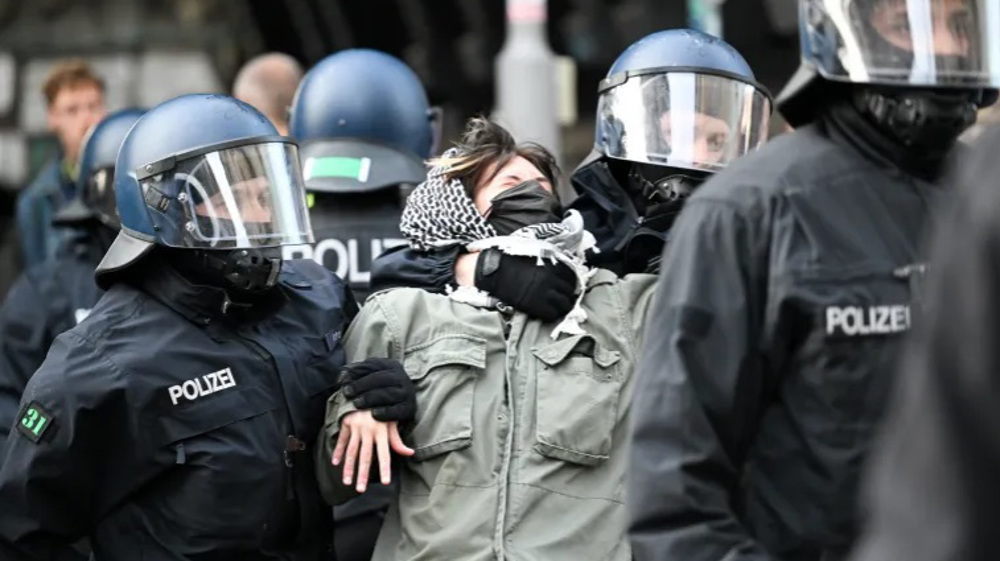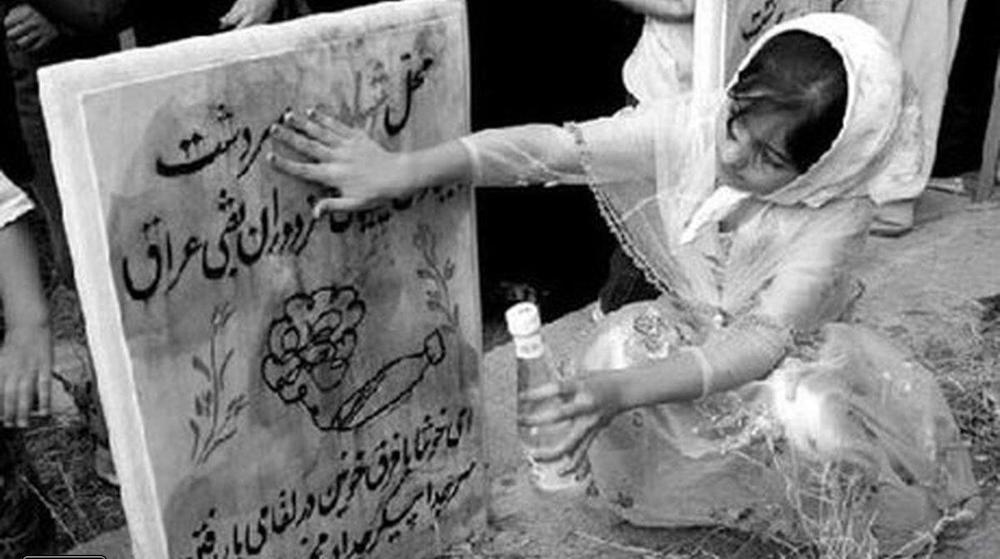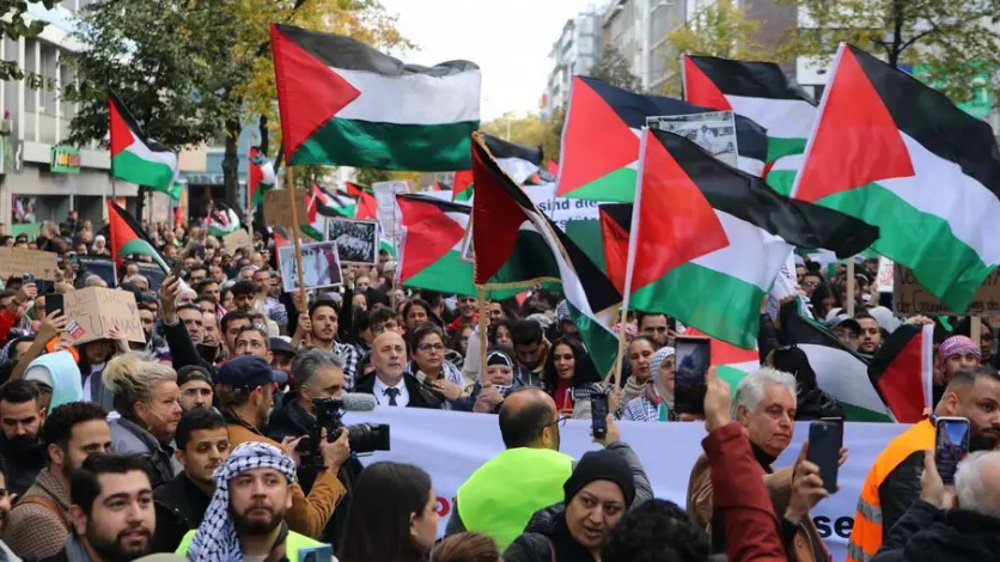Germany, Russia, Ukraine, France discuss Minsk truce deal
Berlin says leaders of Germany, Ukraine, Russia and France have renewed their commitment to implementing a truce deal reached in 2015 aimed at ending the conflict in eastern Ukraine.
The office of German Chancellor Angela Merkel announced on Tuesday that she held phone discussions on the Ukraine crisis with Russian, Ukrainian and French presidents, Vladimir Putin, Petro Poroshenko and Francois Hollande Monday night.
The German statement, issued early Tuesday, further noted that the four leaders emphasized their commitment to implementing the “security and political aspects of the deal” which was reached in 2015 in Minsk, Belarus, between Kiev and pro-Russia forces operating in eastern Ukraine.
The four leaders also reiterated the significance of honoring the ceasefire and also called for more progress on the swap of prisoners under the deal, the statement added.
They also expressed optimism that the four-country format would continue its work under France’s next president.
The 2015 deal, which was brokered by Russia, France and Germany between Ukraine’s warring parties, has helped reduce the extent of fighting in Ukraine’s mainly Russian-speaking regions, but violence has continued and attempts at a political resolution have failed.
Ukraine’s eastern regions of Donetsk and Lugansk have seen deadly clashes between pro-Russia forces and the Ukrainian army since Kiev launched military operations in April 2014 to crush pro-Moscow protests there.
The conflict deepened after people in the Black Sea peninsula of Crimea voted for separation from Ukraine and reunification with the Russian Federation in March 2014.
The West brands the reunification as Russian annexation of the territory and blames Moscow for the crisis in Ukraine, but Russia has fiercely denied the allegations.
The crisis has so far left over 10,000 people dead, according to the United Nations.
In September 2014, the government in Kiev and the pro-Russian forces signed a ceasefire agreement in the Belarusian capital city of Minsk in a bid to halt the clashes in Ukraine’s eastern regions.
They agreed on 12 points, including pulling back heavy weapons, releasing prisoners, setting up a buffer zone on the Russia-Ukraine border, and allowing access to international observers.
The warring sides also inked another truce deal, dubbed Minsk II, in February 2015 under the supervision of Russia, Germany and France.
However, both sides have since accused each other on numerous instances of violating the ceasefire.

Leaked emails show German officials pressing staff into deporting pro-Palestine activists

‘Iran’s chemical warfare victims living proof of hollowness of West’s human rights claims’

Pro-Palestine activists facing deportation decry German state repression
Israeli settler attacks, displacements increase in the occupied West Bank: OCHA
Protesters gather in Times Square demanding release of Mahmoud Khalil
Yale's decision to terminate Dr. Helyeh Doutaghi aimed to silence anti-genocide voices: Activists
Iran’s aluminum output down by nearly 5% in year to March
Missiles fired from Yemen triggers sirens in Israeli-occupied territories, closes airport
Iran condemns terror attack in southeast that killed 8 Pakistani nationals
Deir al-Balah massacre: Israeli airstrikes killed 6 brothers at once
Iran currency surges on positive news from Iran-US talks










 This makes it easy to access the Press TV website
This makes it easy to access the Press TV website